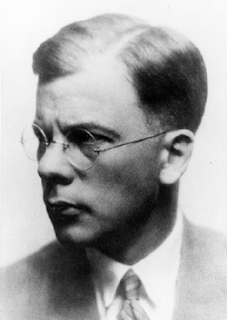But Kerr’s depiction of von Dohnanyi in this novel is only partially accurate, since the real von Dohnanyi would never have said (esp. in Mar ’43), “But the fact remains that the German Army does not murder prisoners of war” (p. 47). During von Dohnanyi’s employment as a lawyer in the Ministry of Justice (already starting in ’33), he began to prepare a secret set of files on Nazi atrocities. These files were greatly expanded after Sep ’39. While most of those files concerned the criminal actions of Party leaders, some of the reports did in fact address the murders of prisoners of war by members of the German military and special police battalions. Von Dohnanyi had hard evidence that the German Army had in fact committed atrocities, e.g., he was in possession of films of murders and executions carried out in Poland after 1939. These so-called “Zossen Files,” which were discovered by the Gestapo on 22 Sep ’44 in the Abwehr bunker at Zossen, were the key pieces of evidence that the Nazi officials used to incriminate von Dohnanyi and several others in his circle of conspirators, including Bonhoeffer. Moreover, as a conservative Lutheran Christian, von Dohnanyi would never have made such an idealistic statement about human behavior. (A small point re: p. 50: When von Dohnanyi traveled to Smolensk [in late Feb ’43, not on Mar 10 ‘43], he took the night train from Berlin to Rastenburg, and then from there he took a plane the rest of the way. Kerr has von Dohnanyi fly all the way, which, despite the historical inaccuracy, does make for a more interesting, if also fully inventive tale.)
 |
| Hans von Dohnanyi |
Kerr states as fact that “Hans von Dohnanyi was sent to Sachsenhausen concentration camp in 1944; on Hitler’s orders he was executed on or after April 6, 1945, at the same time and place as Dietrich Bonhoeffer and Karl Sack” (“Author’s Note,” p. 464). This statement is mostly incorrect. While von Dohnanyi was a prisoner at Sachsenhausen, he was likely executed on April 9, 1945, the same day as Bonhoeffer. However, Bonhoeffer was never imprisoned at Sachsenhausen, nor was he executed there. Bonhoeffer was imprisoned at Tegel, at Prinz Albrechtstrasse, and then at Buchenwald. During the last week of his life, he was sent to the Flossenbuerg concentration camp, where he was executed on April 9, 1945.
These minor historical inaccuracies do not detract from the craftsmanship and dramatic force of Kerr’s excellent novels, but in the interest of accuracy, which I know Kerr sought always to maintain, I share these few corrections here.
We should never forget WWII. We should always hold onto truth based on facts and the scientific method. Even if conclusions are disturbing. This war also taught how dystopia and tyranny can happen. Patriots must be ready to defend their country from their government (I'm pretty sure that last line is a quote from conservationist Muir, founder of the Sierra Club-pesky treehuggers ;).
ReplyDelete